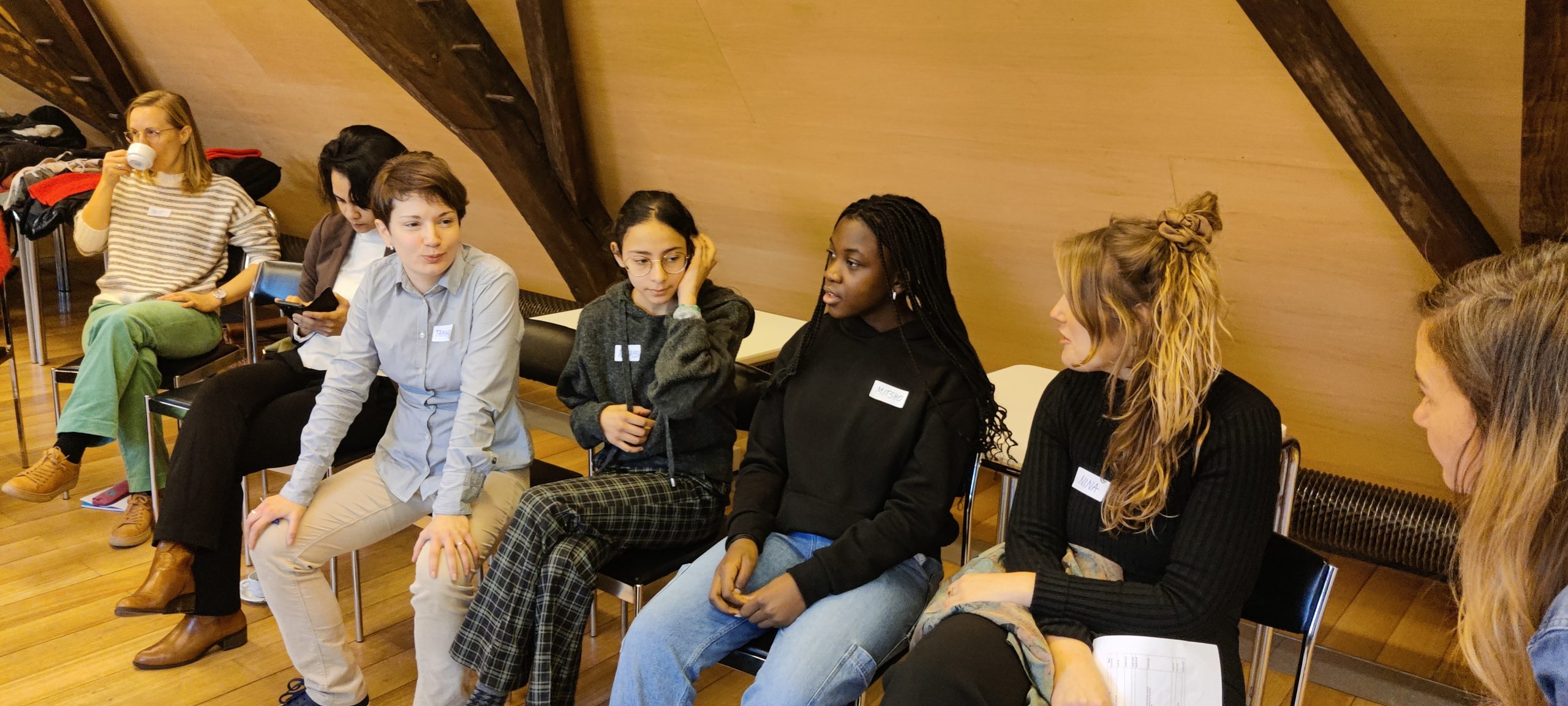Policy Labs in action all over Europe for the MUST-a-Lab project
The project “MUlti-STakeholders Labs for migrants and stakeholders,” funded by the Asylum, Migration and Integration Fund of the European Union, is currently implementing Policy Labs in six local administrations across Europe: Mechelen in Belgium, Modena in Italy, Fuenlabrada in Spain, Livadia in Greece, Grenoble in France and Vienna in Austria.
The general objective of the project is to adopt a bottom-up approach in designing local integration strategies for migrants and citizens with a migratory background, in order to bring Policy Makers closer to final beneficiaries of the local policies. The Policy Lab approach foresees an horizontal dialogue between the participants, being them grassroot stakeholders or field experts: in this scenario, a fundamental role is played by the Facilitator, a figure devoted to help all the voices being heard and to avoid overpowering and elitist dynamics.
Five of the six local administrations involved – with the exception of Grenoble Alpes Métropole, which just recently officially joined the process – have completed the first round of consultations, consisting of a Preparatory Workshop and two Policy Labs. During these events, participants had the opportunity to get to know each other, bring their personal and professional experience to the table, and design together proposals to address the needs and criticalities detected in their cities.
At the beginning of the project, each of the five local administrations chose specific policy challenges based on the local context analysis. These challenges include increasing the sense of belonging at school for pupils with migrant roots, promoting respect for human rights through democratic participation and education, improving social and health services for migrants, involving young people with a migrant background through volunteering opportunities, sports and job orientation, and encouraging the political participation of youth through associationism.
The Policy Labs have partly confirmed and partly modified these challenges. Now, the partner cities have the important task of implementing the proposed solutions through micro-experiments that will develop between June and November 2023.


About the author